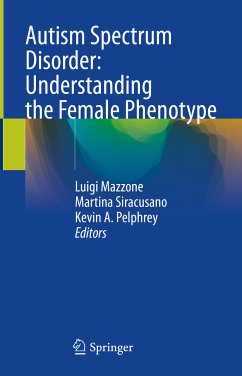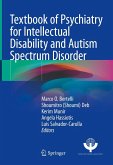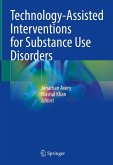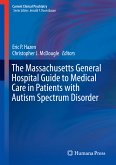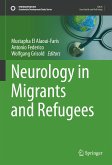This book provides a comprehensive overview of the current state of knowledge on autism in females, in order to help understand and clarify gender implications in the autistic female phenotype. Despite the reported higher risk of developing autism in males than in females, few studies have investigated the gender differences at the clinical and neurobiological level. Possible genetic protective factors, as well as differing neurobiological brain trajectories, could be responsible for the male/female discrepancy in prevalence rates (4:1). Moreover, a different clinical phenotype regarding the onset of symptoms, behavioral features and social motivation often skews diagnosis in women. Specifically, the phenomenon of camouflaging or hiding symptoms in high functioning females, due to behavioral coping strategies, contributes to incorrect or delayed diagnosis.
In addition to addressing an important gap in the literature, this book provides concrete and specific diagnostic recommendations and intervention strategies. In addition, a dedicated chapter presents clinical case reports and shares the personal experiences of autistic women. Given its scope, the book will appeal to clinicians and practitioners, as well as researchers and students in the fields of child and adult psychiatry, psychology and neuropsychiatry.
Dieser Download kann aus rechtlichen Gründen nur mit Rechnungsadresse in A, B, BG, CY, CZ, D, DK, EW, E, FIN, F, GR, HR, H, IRL, I, LT, L, LR, M, NL, PL, P, R, S, SLO, SK ausgeliefert werden.

